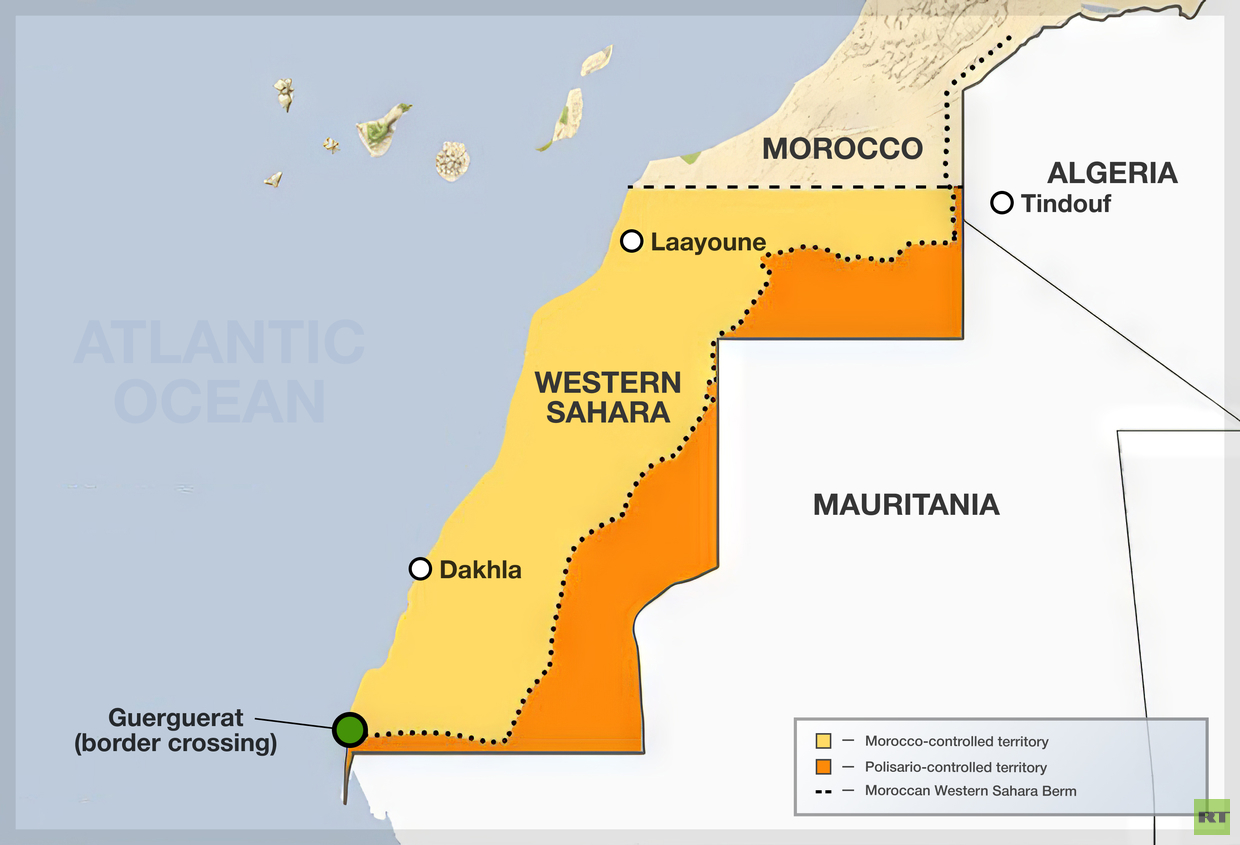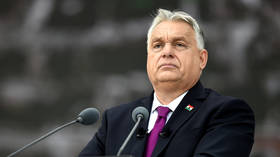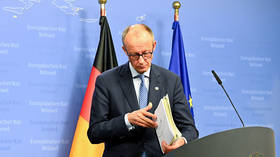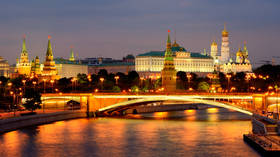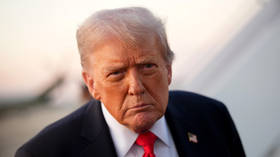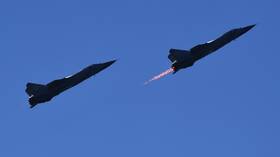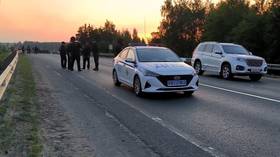Belgium weighs in on Sahara territorial dispute
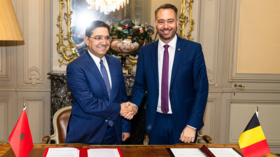
Belgium has endorsed Morocco’s autonomy plan for the disputed Western Sahara as the “most appropriate” path to ending one of the longest-running territorial conflicts in the North African region.
Thursday’s announcement in Brussels came after Moroccan Foreign Minister Nasser Bourita and his Belgian counterpart, Maxime Prevot, signed a joint declaration alongside a cooperation agreement spanning trade, security, and other areas.
“Belgium considers the Moroccan Initiative for Negotiating an Autonomy Statute for the Sahara Region… as the most appropriate, serious, credible and realistic basis for achieving a just, lasting and mutually acceptable political solution,” the Belgian foreign ministry said in a statement.
Brussels said it will “act diplomatically and economically in accordance with this position, always in respect of international law,” going forward.
The Western Sahara conflict has persisted since Morocco annexed the territory in 1975 after Spain’s withdrawal. An estimated 10,000–20,000 people were killed in a war between Moroccan forces and the Polisario Front, a group seeking self-determination for the local Sahrawi people, before a UN-brokered ceasefire in 1991. Hostilities, however, resumed in 2020, and plans for a UN-backed referendum on the territory’s status have stalled.
Morocco submitted its autonomy proposal to the UN Security Council in April 2007. Under the plan, Rabat would delegate administrative, legislative, and judicial powers to local residents while retaining the Moroccan flag and currency. It would also control foreign policy, security, and defense in the phosphate-rich region. The Polisario Front and Algeria, which supports Western Sahara’s full independence, have rejected the proposal.
The US, France, Portugal, Israel, the UK, and Spain, Western Sahara’s former colonial power, have endorsed Rabat’s plan as the most credible basis for a settlement of the conflict. Ghana and Kenya have also officially backed the kingdom’s position.
Algeria, whose ties with Morocco have been strained over Rabat’s claim, has previously criticized countries backing the autonomy proposal, warning that such “counterproductive” moves could escalate the conflict over the non-self-governing territory.
Late on Thursday, Algiers said its Foreign Minister Ahmed Attaf held a phone call with Belgium’s Foreign Minister Prevot, without providing further details.
